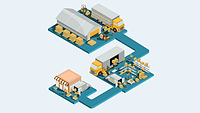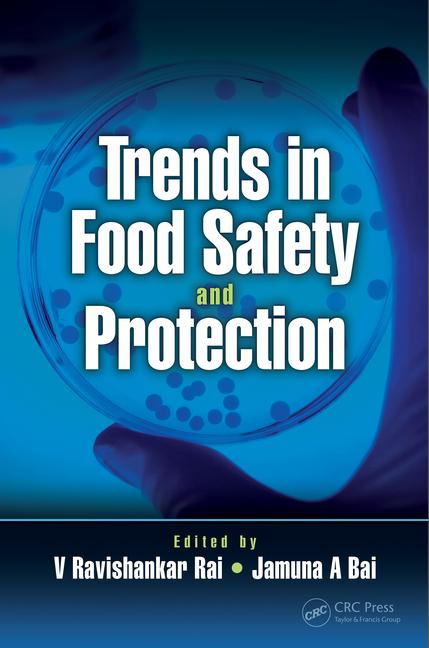Codex Members Express Satisfaction With Codex Texts, Barriers to Implementation in Latest Survey

Image credit: upklyak via Freepik
The Food and Agriculture Organization of the United Nations (FAO) and the World Health Organization (WHO) have published the findings from the 2023 annual survey of Codex members on the use and impact of Codex Alimentarius texts.
The 2023 survey garnered 131 responses from Codex members, representing a 69 percent response rate and 17 percent increase in participation compared to 2022. Of the total of 131 total survey respondents, 49 were from high-income countries (HICs) and 82 were from low- and middle-income countries (LMICs).
More than 80 percent of survey respondents indicated that they were satisfied or very satisfied with Codex texts. However, respondents from LIMCs scored a lack of awareness of Codex texts among national stakeholders as a “high” barrier to adoption.
Although the majority of respondents see Codex texts as authoritative and credible, many indicated that the approval process for Codex texts is not timely.
Respondents from LMICs reported using Codex texts to inform food legislation and programs, to support national food control systems, to increase stakeholder awareness of food safety and quality issues, and to inform and update food safety and quality training and education. At the same time, LMICs highlighted a lack of resources and capacities for effectively using Codex texts.
Codex texts were found to be most impactful in supporting commodity trade, but a high number of LMIC respondents indicated that they “did not know” the impact of Codex texts in preventing or resolving trade disputes related to food safety and quality standards in their regions.
In general, respondents from all regions demonstrated good familiarity and high satisfaction with most Codex texts, especially those related to food additives, nutrition labeling, and methods of analysis and sampling. Members were less familiar with the Guidelines on Performance Criteria for Methods of Analysis for the Determination of Pesticide Residues in Food and Feed.
Based on the survey responses, FAO/WHO provided recommendations to improve the effective use of Codex texts through awareness-raising, capacity building, and structured dissemination of information. For example, members could request support from FAO/WHO for capacity building programs, the collection of data to ensure Codex standards are relevant to member needs, the implementation of targeted campaigns in regions where knowledge gaps are identified, and promoting a high-level commitment to food safety and quality.
Looking for a reprint of this article?
From high-res PDFs to custom plaques, order your copy today!









